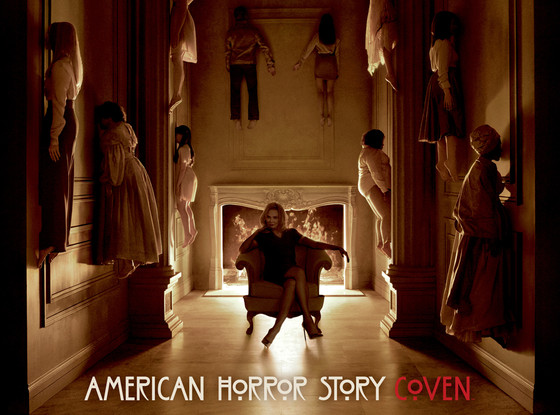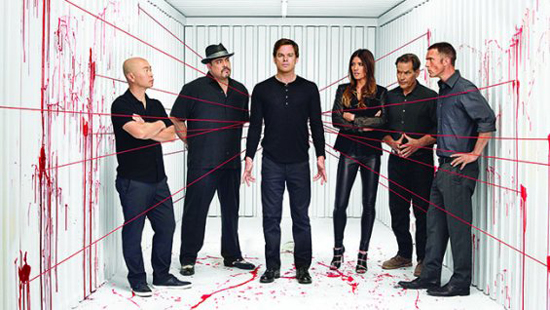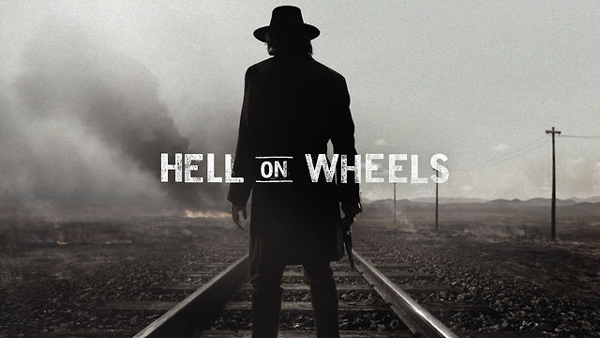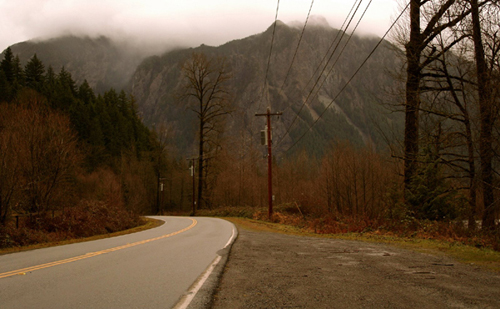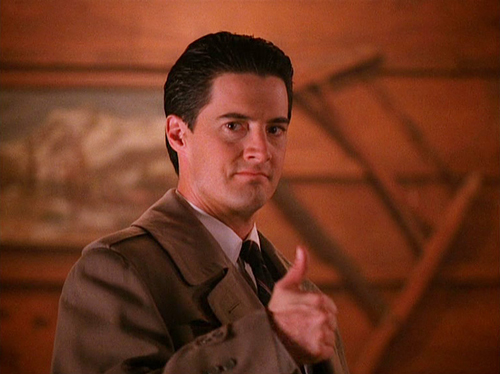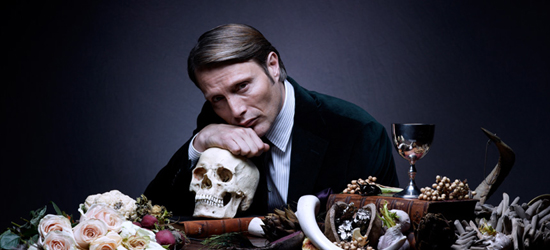(This post inevitably contains spoilers about the last episode of Breaking Bad. For a recap of Seasons 1-4, go here.)
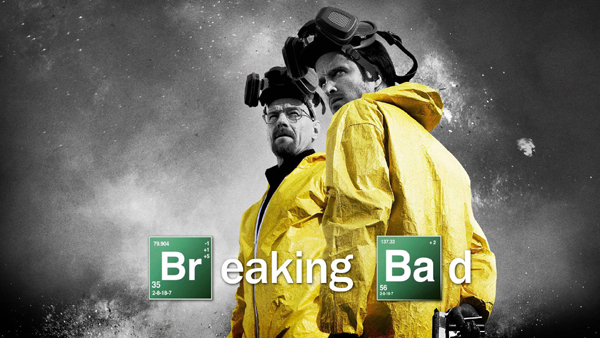
Is there a show on television that fakes you out more than Breaking Bad? The writers are so self aware, so smart. They know what the many possible outcomes are, what the audiences expects, and they make sure to juke one way and then go the other direction.
Just when you think Walt is the most evil motherfucker there is, he goes and does something genuinely benevolent. And then when you think he’s reformed and is a good guy, he turns it on you again and hits a new low.
The season finale of Breaking Bad hits all of the targets it needs to. The Skyler and Jesse storylines get sealed up. Yes, there are dangling questions, like what happens to Flynn or Marie? But these threads were never key to the series and can well be left to our imaginations. The finale trimmed the fat and cut to what we wanted to eat, and nothing more.
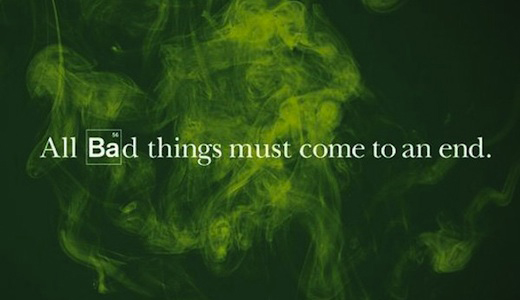
The final episode didn’t end as dark as I and some of my friends had expected. The mess Walt made gets wrapped up more nicely than deserved. But more importantly, everything feels complete and the final events, I think, will stand up to the test of time. The foreshadowing is well done, the build up isn’t forced, and the web of relationship issues is sorted out. While parts of the finale may not be overly shocking, it nevertheless chronicles a satisfying sequence of events.
Jesse is the moral compass of the series. He does bad things, for sure, but he’s the one telling Walt where the line is, and often ignored. Fans will mostly be rooting for him over the course of Season 5 so I’m honestly surprised that the finale lets him live, especially when he could’ve gotten away scot free, with millions of dollars, months before. But then, Jesse had a bit of first world problem guilt. He was upset by all the evil he’d been a part of and wanted to get caught and give up his blood money. After squandering his money and losing his freedom to the neo-nazis, this time, we know Jesse is getting out of dodge. It’s a release for him and the audience, who have been collectively holding their breaths the entire time.
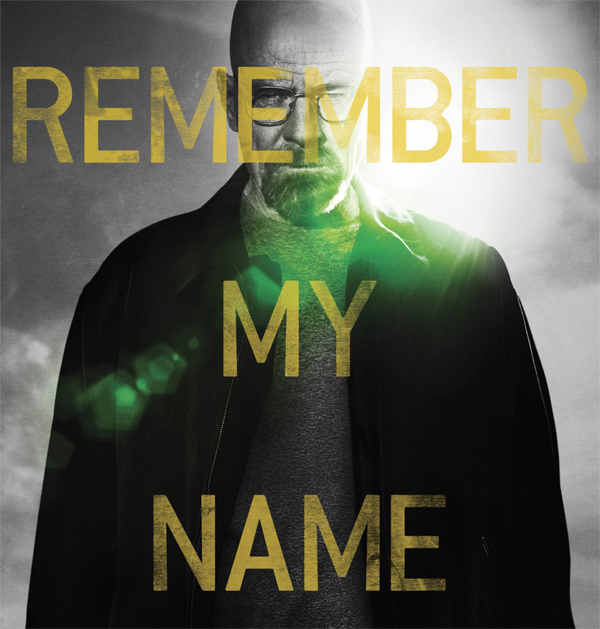
Breaking Bad is undoubtedly a series that incites passionate discussion. I remember arguing with a colleague a couple of years back. He affirmed that the reason Walt did everything was out of love for his family. I called Bullshit. That’s the Hollywood ending. That’s the "USA! USA!" chanting of American programming that’s been ingrained in our brains. That is the happy message that this show doesn’t pander to, that is the point of this series. The show is called Breaking Bad, after all. Yet my friend is a professional writer and still thought this. So I’m glad that the final episode makes this clear. Of course Walt loves his family, but he did this, all of this, for himself.
Despite everything that happens, all the tragedy up to the end, we still get treated to a Walt and Jesse buddy moment at the end. The series has always been at its best when these two were a team so it’s a great way to close things out.
Like Ozymandias, Walt’s reign is over, but Breaking Bad has entrenched itself into lasting permanence.
